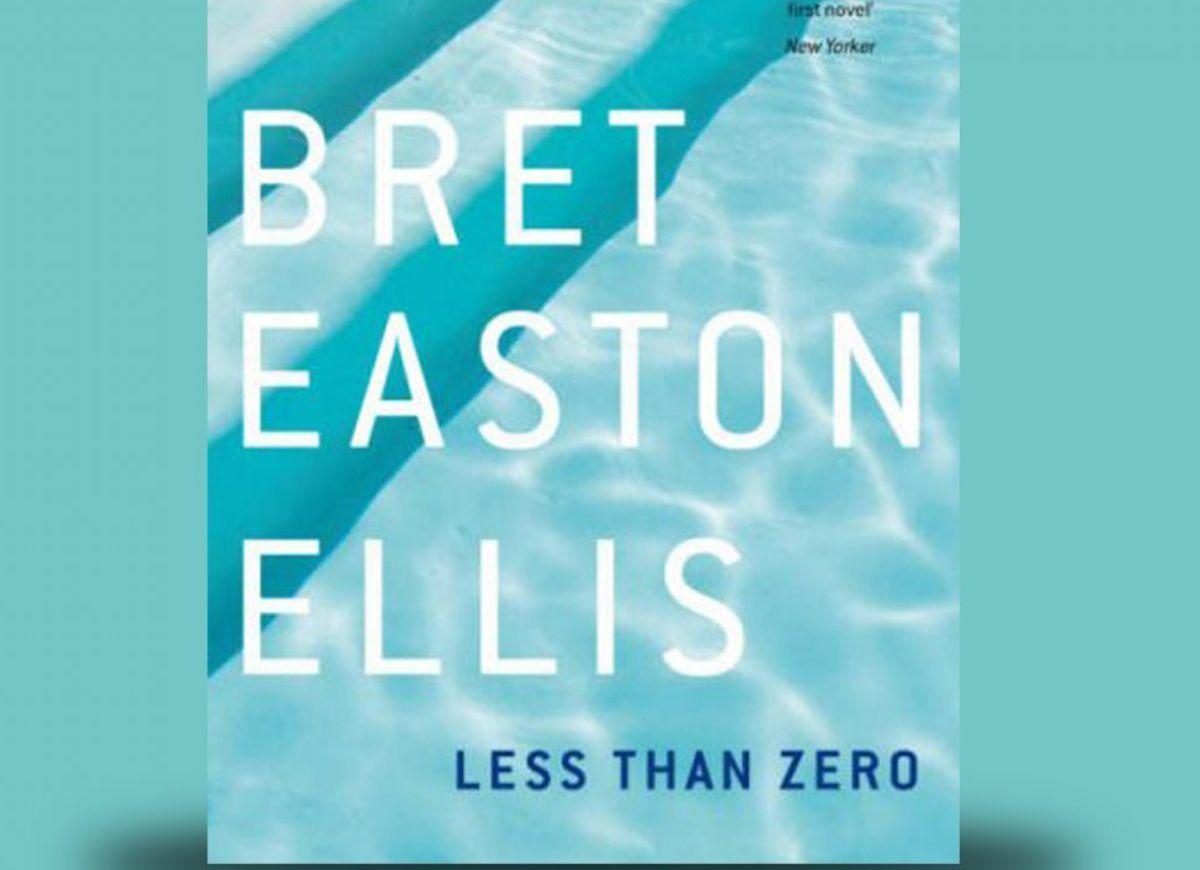Despite originally setting out to write ‘the great Scottish novel’ his series of books featuring Edinburgh-based detective, John Rebus, has seen Ian Rankin sell more than 20 million books, spawn two TV-shows and win multiple writing awards. Ahead of the Emirates Airline Festival of Literature the acclaimed crime-writer speaks about his craft:
***
I always set out to write the perfect novel. When I fail, I start over again.
As a kid I was a bit obsessive. I read comics, but it wasn’t enough for me to just read them, I would write them as well.
I’d sit in my bedroom and work away, creating an alternative universe that was far more exciting than the universe I was living in.
Growing up, I pretended to fit in. In high school, the teacher would read out my stories in class, and it would be embarrassing. At that age, you don’t want to be marked out
as different.
There was no bookshop in the village where I grew up, so I would haunt the local library. I would go there two times a week, and devour books. It gave me access to a world of stories, and I became fascinated with storytelling.
I have no idea where the Inspector Rebus character came from. I still have the original notes where I scribbled down the idea for my first novel Knots and Crosses. The notes said: ‘main character: may be a cop?’
I never knew Rebus would stick around when I first wrote the book. I knew very little about crime fiction. What I was trying to do was write the great Scottish novel. Although I failed to do that, what I did was find a character that was going to be with me for my entire life.
People often think that the author and the character are identical, but we are not. Rebus and I grew up in different worlds, under different circumstances. He would think I was a wishy-washy liberal.
I stack my novels on shelves in chronological order, but I’m not as bad as other authors I know who go around rearranging other people’s shelves.
It wasn’t until the eighth Rebus book that I started gaining any success. It was then I won the Gold Dagger (for the best UK crime novel), and started becoming better known.

Ian Rankin © Rankin
Researching a novel is the best bit. I would talk to lots of cops and ex-cops based in Edinburgh. Some of their stories I couldn’t use because they were too outrageous. Fiction has to be realistic, whereas the real world sometimes is completely unbelievable.
I believe that a city produces the kind of crime it deserves. Different societies and cultures, produce a different kind of criminal. I am fascinated at discovering what Edinburgh was like in the 1970s, and seeing how the criminal underworld has developed over the decades since then.
‘Evil’ is an easy word to say, but it is such a complex idea. I once presented a TV series about understanding evil. I travelled the world speaking to psychologists, theologians, exorcists and people on death row. Today, I’m pretty sure that I can point out an action and say, “that is an act of evil”, but it’s much harder to say that a human is irredeemably evil.
The trouble with reading reviews is that even if it is glowing, most authors will fixate on the one negative comment. The criticism always sticks with you. I avoid reading online book reviews. You can get a one-star review on Amazon because the book arrived a day late.
The worst part about being an author is self-doubt. It doesn’t matter how well-known you are, or how many millions of books you’ve sold, whenever you sit down to start the next book you’re absolutely terrified that this time the words won’t come out.
Being an author allows you to be a child all of your life. Kids are told by the adults that they have to stop playing and grow up; to throw away their toys and stop making up stories. As a novelist, I never lost that ability.
Human beings are hungry for stories. They tell us about ourselves, and they tell us about the world. We love narrative.
The last lie I told was in Starbucks this morning. They asked me what my name was, I said that my name was Spartacus.
– – –
Emirates Lit Fest, March 1 to 12, InterContinental Dubai Festival City, with additional locations at Dubai International Writers’ Centre, Al Shindagha Historical Neighbourhood, Al Mamzar Theatre and Novo Cinemas, DFC. See emirateslitfest.com for details



